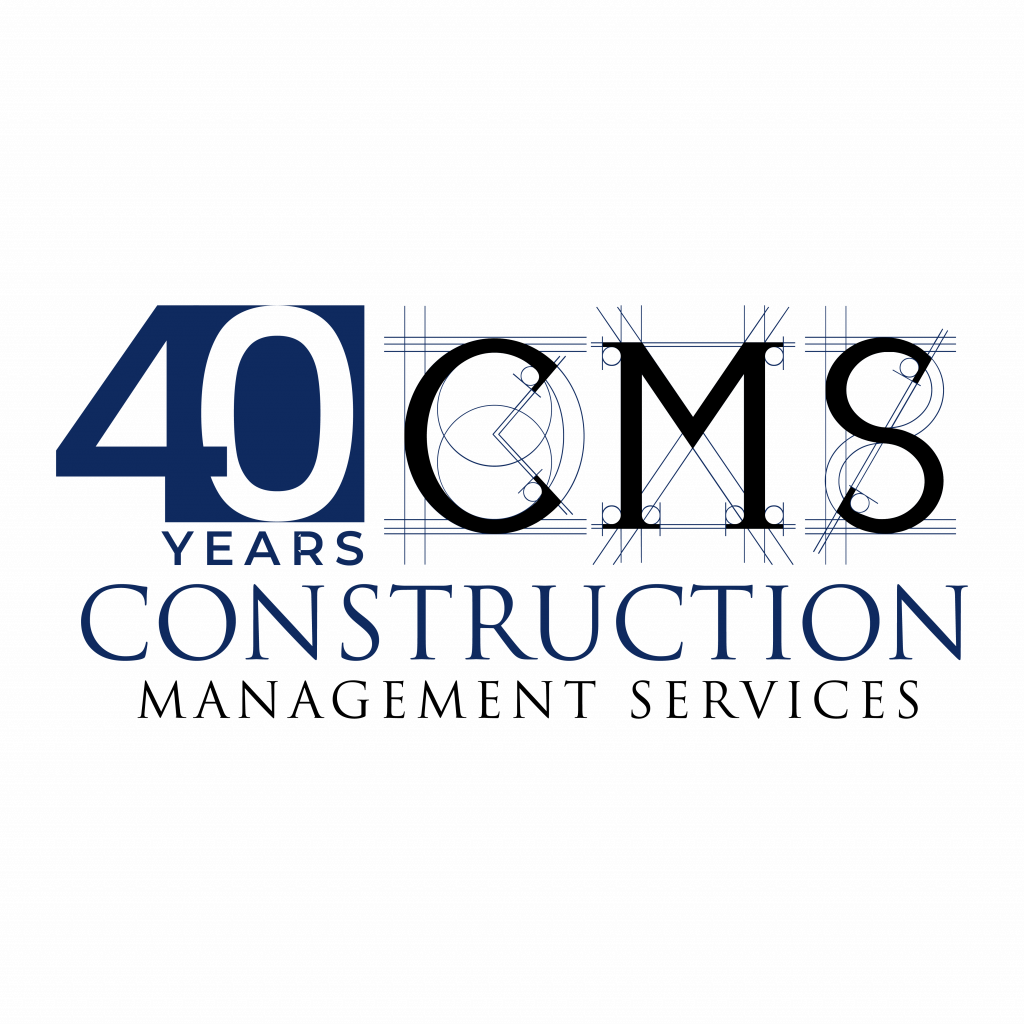In the construction industry, the accuracy and integrity of cost estimates can make or break a project. Given the high stakes, the role of an estimator is both crucial and fraught with potential ethical dilemmas. This underscores the importance of adhering to an estimating code of ethics, a set of principles designed to guide professionals in making honest, fair, and responsible decisions. This article explores the core tenets of such a code and why it is vital for maintaining trust and integrity in the construction sector.
Transparency
Transparency is the cornerstone of ethical estimating. It involves providing clear, comprehensible, and accessible explanations for how estimates are derived. This means all assumptions, methodologies, and data sources used in the estimation process should be openly disclosed to clients and stakeholders, ensuring that estimates are not just numbers but well-supported evaluations that can be examined and understood by all parties involved.
Accuracy
Estimators must strive for the highest possible level of accuracy, recognizing that even small errors can have significant financial implications. This commitment to accuracy involves continuous learning, staying updated with market trends, material costs, labor rates, and employing advanced tools and technologies. Moreover, estimators should always provide realistic figures, resisting any external pressures to alter estimates for competitive bidding, budget approval, or other purposes.
Integrity
Integrity in estimating means conducting all activities with honesty and fairness. Estimators must avoid conflicts of interest, refuse to give or accept bribes, and resist any form of corruption. They should approach each project with an unbiased mindset, ensuring that their estimates are not influenced by personal relationships, potential gains, or any form of external pressure.
Confidentiality
Respecting the confidentiality of sensitive information is crucial. Estimators often have access to proprietary or competitive data that must be safeguarded. The ethical estimator ensures that such information is used solely for the purpose of the project at hand and not disclosed without proper authorization or used for personal gain.
Responsibility
Estimators bear a significant responsibility to their clients, their firms, and to the public. This involves making decisions that not only serve the best interest of the project but also protect public safety and welfare. Ethical estimators must consider the environmental impact of their projects and strive for sustainable and socially responsible outcomes.
Professional Development
A commitment to ongoing professional development is essential for maintaining ethical standards in estimating. This includes keeping abreast of industry advancements, regulatory changes, and best practices, as well as engaging in continuous education and certification. By doing so, estimators can ensure that their skills and knowledge remain at the cutting edge, enabling them to serve their clients and the industry with integrity.
Conclusion
The estimating code of ethics is a foundational element for trust and integrity in the construction industry. By adhering to these principles, estimators can navigate the complex landscape of construction projects with honesty, accuracy, and a deep sense of responsibility. Ultimately, the commitment to ethical practices in estimating not only enhances the reputation of the professionals involved but also contributes to the success and sustainability of the construction industry as a whole.

